JC: And also you’re not really summoning. I mean you might be summoning creatures if you’re a wizard, but if you’re a warrior, you’re not bursting into a room and then taking some time to summon up some assistants. Generally, you’d expect that as the combat progresses, you’d get worn down and exhausted, and perhaps you’d used up all your big attacks. If it was a realistic combat scenario, that would be the case – if you go to a boxing match or something, people drop their guard more the longer they go on because they’re just totally exhausted. We don’t have an exhaustion notion, but I did decide that I didn’t want a slowly increasing resource pool.
The other thing about resource gathering for card games is that it can create a lot of frustration, because you have things in your hand that you can’t use. There are all kinds of interesting trade-offs that come with that, but it can also be very frustrating. In Magic you can get mana-screwed when you don’t have enough mana to cast your spells, or you can be flooded, where you just have nothing but [mana-giving] lands and nothing to do with them. So I wanted to avoid that. I wanted to create a different tempo in the game, where you start out with a load of things to do… so I just took the most obvious idea, which was that we don’t have a mana system and you can play any card that’s in your hand.
But then you of course have the problem of how you’re going to regulate that. Why don’t people just pack their deck full of all the most powerful cards? The solution I came up with was that the constraints about what you can put in your deck happen at the deck-building level, not on the battlefield. Instead of saying “You can’t play this card because you haven’t got enough mana”, you can play any card you draw, but when you build your deck you can only put in a certain amount of powerful cards and then you’re forced to put in a certain amount of weaker cards.

The game’s tutorial battles have you “cheating” by controlling someone else’s fully-built high-level party. It works better here than in, say, an open world game that gives you full power at the start and then takes your toys away; here, it just hints at the complexity and lets you build your way up to it how you like.
I don’t remember exactly how, but I hit on the idea that this is enforced in that you equip your character in a very conventional paper doll manner, where you have a bunch of slots. You put weapons and armour into those slots, and every item or piece of equipment that you equip that way has a fixed set of cards that come with it. That set of cards has some powerful cards, and some weaker cards, and possibly even some really bad cards, like cards that make you trip or stumble or fumble or whatever.
So that’s where the constraints about power levels in cards comes in, and I think it creates a bunch of interesting different decisions about deck-building. It also means that when you go into a battle, you can forget about all of that. But there’s a lot of what I think makes a card game fun, is that every time you get presented with a different situation. Maybe you get unlucky in the first round of a battle and you just draw all your really terrible cards, and you’re fumbling and tripping and casting all the wrong spells. Then the next round you get lucky and draw all those big attacks that got bundled in with those things. So every round you’ve got a different set of problems to think about.
That’s a very long-winded explanation, but that was the process of thinking that I went through to create these mechanics!

I mentioned that the card design is pretty whimsical, right? Right.
TM: You touched on Magic there, and I think that’s a really good comparison. In some ways it feels as though Magic is almost the polar opposite of Card Hunter, in that Magic is a really abstract game, while Card Hunter is very physical. There’s a board, there’s positioning; all of these things matter. But other than Magic – in terms of reversing those ideas, at least – what sort of inspirations did you take? There’s quite a lot of Warhammer Quest and Hero Quest in terms of the board layouts; there’s some Munchkin in the whimsical nature of the cards…
JC: Inspiration from all over the place, but I’d say a lot of it comes from very early fantasy role-playing. I’m talking mainly about Dungeons & Dragons, but there are a lot of other products that sprang up soon after those guys invented the whole genre. In that very early Dungeons & Dragons – and, in many ways, I guess the game is coming back to it – there was a big focus on tactical combat, and perhaps less of a focus on the softer, squishier elements of the game. The game was intended to be played with a piece of graph paper, and all rooms were multiples of 10×10 feet, and so on. [Laughs] We didn’t literally recreate that, but we drew inspiration from the tactical focus of those games.
A lot of the game was about positioning and party teamwork. It spawned a whole genre of what’s known as tactical role-playing games like Final Fantasy Tactics, that have less of a focus on the conversation trees and other elements that you see in computer role-playing games, and more of a focus on the abilities of the characters, and manoeuvring, and line-of-sight. So that’s the other side that went in, along with the card game aspect of it.

In case you were wondering: yes, there’s a sizeable single-player component (being that this is only a fraction of the single-player map), and yes, you can play almost all of it without being forced to spend money.
I think a lot of people have had the idea of taking Magic and adding a board to it, because it’s fairly obvious. In Magic, creatures don’t have a position; they just lay down on the table in front of you, and it’s a pretty obvious extension to then think about “Well, what if they had a positional element as well?”
I think positional elements – manoeuvring – add a huge component to a game. But then when you just stick that on top of Magic, you potentially end up with too much complexity. Magic‘s already a very complicated game, and if you literally take it and add a board and positioning on top of it, it’s sort of overwhelming, I think.
So our game’s more complex in the sense that it has grid-based boards and manoeuvring, but then it’s less complex in other ways. You don’t summon creatures – you start out the battle with a fixed set of creatures.
One of the things I find interesting about our game is that we very, very strongly resisted the urge to add inherent abilities to monsters or your adventurers. In Card Hunter, none of the figures on the board can do anything that isn’t playing a card. Figures are really just representations of where you are, and all your abilities come out of the cards that are in your hand, so the game is actually very simple to play. You can only do one thing, which is click on a card and play it! In a sense, even the interface element of Magic is more complicated because creatures often have abilities you can trigger once they’re in play. We don’t even have that. Once a card has been played, it’s played. So it’s an attempt to streamline the interface and keep the game ticking over very quickly.

This battle gave me a brief headache. It eventually ended with my wizard – the last survivor of the party – running away and lobbing spells over her shoulder, while trying to get enemies stuck out of range or on movement-ending terrain. In hindsight, I can think of at least two other ways of doing it with the cards I had, and far more if I changed my gear.
TM: Yeah, I hesitate to use the word “casual” to talk about Card Hunter, if only because these days that word has very negative connotations, but… it’s a simple game, albeit one with very complex mechanics going on behind it, plus more potential for complexity with regards to the way you set up your decks. Was it important to you that it be quite simple to play from the get-go?
JC: It was, because I think that interface complexity isn’t very interesting. I find that thinking about strategies is the interesting part – I don’t want to get caught up in figuring out how to do things, or having lots and lots of different things on the screen that you can click on. I think it’s much harder to create a game that has a very simple interface but actually has a lot of strategic, tactical depth to it, so that really was a very big goal for me. The game has actually got a lot simpler over development.
TM: Really?
JC: Yeah! We actually took out a lot of things and changed a lot of things to make the game simpler as we went on, because those things didn’t pull their weight. Whenever you find something in the design that requires a lot from the player but doesn’t give enough back, I think it can be a very good decision to pull that stuff out. One of the consequences of the way we designed the game early on is that it took too long to play, so we were finding that matches could easily go for an hour. I’m talking about a multiplayer match, there, but that’s a very long time to play out one game.

As for THIS battle… well, those zombies have a lot of cards that inflict bonus damage for every other zombie nearby. They are total bastards.
Those matches were – for us, who understood all the systems and knew what we were doing – incredibly interesting and full of intricate strategic decisions, but they were enormously long and draining. You came out of them and felt like you’d played a very intricate game of chess; it had taken too much out of you and didn’t provide enough opportunities for playing multiple games, and tweaking your deck in between, and learning from the results, and so on. So we actually made a series of decisions where we took out things that were really slowing down the game.
Just to give one example, we always had the notion of “facing” in the game. Your characters, on the board, have a position and are standing in a square, and they can also face in four different directions. A lot of tactical games don’t have facing; they just have position. We had facing, and you manually controlled that facing – whenever you moved, you could pick which way your character was going to face. If somebody was standing behind you then you couldn’t attack them, so you had to have a movement card to turn around, and some attack cards would also allow you to spin on the spot before you attacked.
That was very interesting and there were all kinds of tricky strategies in terms of trying to get rid of all of your opponent’s move cards so that you could move up behind them and then unload your whole hand of attacks on them, and they couldn’t do anything! [Laughs] It was one of those things that was awesome when you were doing it to someone else – you felt like you’d really got one over them – and when it was being done to you it was just horrible, because there was nothing you could do.

Card Hunter’s adventure modules should look rather familiar if you ever wandered into a shop selling D&D or AD&D modules. Or, hell, anything that was a bit stereotypically fantasy.
But it also really slowed down the game. Instead of just playing a movement card and clicking where you wanted to go, you then had to click again to set your facing. That doesn’t sound like a lot, but if you can cut down the number of clicks in a game by a third, you need to consider very strongly whether or not that third needs to be in the game.
We considered taking out facing entirely, but we ended up making a compromise: facing’s still in the game, but it’s not that important. It’s set automatically for you when you move – if you run in an easterly direction, you’ll end up facing east. You still get a bonus if you attack someone from behind because they can’t block, but as soon as you attack them, they turn around to face you automatically. And whenever you attack, you just turn to face the person you’re attacking.
That was, I think, a nice compromise between taking it out altogether – which we also considered – or just leaving it in, which I think would’ve been a mistake.

Because I’m running really low on screenshots, here’s the start of a battle in a Kobold treasure room…
TM: There are so many things you said there that I want to ask you about. [Laughs] The speed of play is the most important, I think, because one of the things I really like about Card Hunter is that most of the matches I’ve played don’t tend to last particularly long at all, and there’s a very constant back-and-forth. I’m assuming it was really important for you to cut matches down to the point where… well, the ones I played tended to max out at about 10 to 15 minutes.
JC: Yeah, the length of the game was very explicitly set as a target. We wanted to get it down to that 10 to 15 minute range, and that was very much driven by the involvement of Richard Garfield and Skaff Elias. Richard developed Magic, and Skaff is currently his business partner and was also involved very heavily in the development of Magic. We contracted them to come in and do a design review on the game.
They played the game for a month or so, and they gave us a bunch of feedback. One of the biggest pieces of feedback was that they thought the game was too slow, and they had a whole bunch of reasons for that. The most interesting one – which I hadn’t really thought about – was that in a deck-building game, deck building has to be an important part of the game.
If your battles last too long, deck building recedes in importance. If you’re playing multiplayer and every battle takes an hour, then – even if you’re playing every day – you might just play one or two battles, so you’re only going to building your deck maybe once in between those battles. The more games you play, the more opportunities you have for deck building, and the more opportunities you have for deck building to influence the outcome of the battles.

…and this is the end. My warrior not getting any attack cards this round was potentially nasty, but I managed to get the Kobold out of movement cards and have my wizard change the floor it was standing on to lava. This is a win as soon as I pass.
The other interesting thing is that you don’t want the opportunity for tactical play to influence the battle to be too high, which is something else I hadn’t thought about. If the amount of tactical play skill in the game is very, very high, then a good player can take a bad deck and win with it, and a bad player can take a good deck and lose with it. The problem is that then the collecting and deck-building aspect of the game really recedes in importance again.
We didn’t want to have a game that was all about building decks. There are games like that; there are Facebook games where you just build a deck and then it automatically plays it for you against someone else, and that makes the game all about the deck building. But on the other extreme you have a game like chess, where you always have the same pieces and it’s all about the play skill.
CCGs, or at least the type we were trying to develop, sort of exist in this weird halfway state. You want the deck building to be really important and you’d like there to be some tactical play skill so that playing the match is actually interesting, but at the same time you don’t want that play skill to become too dominant. So… coming out of those kind of considerations, we decided that we really did need to get the play time down. As well as that facing change, we made a whole bunch of other changes to the game. Every one was shaving off a few minutes off the typical game, and it was very important for us to try to get that lower.
In the concluding part of the interview, Tim and Jon talk about the problems with balancing single-player with multiplayer, why there’s no point in a half-arsed multiplayer mode, whether a physical version of Card Hunter could happen, the importance of originality, and a whole lot more. You can read it here, and be sure to keep an eye on the Card Hunter website if you’re not already doing so.


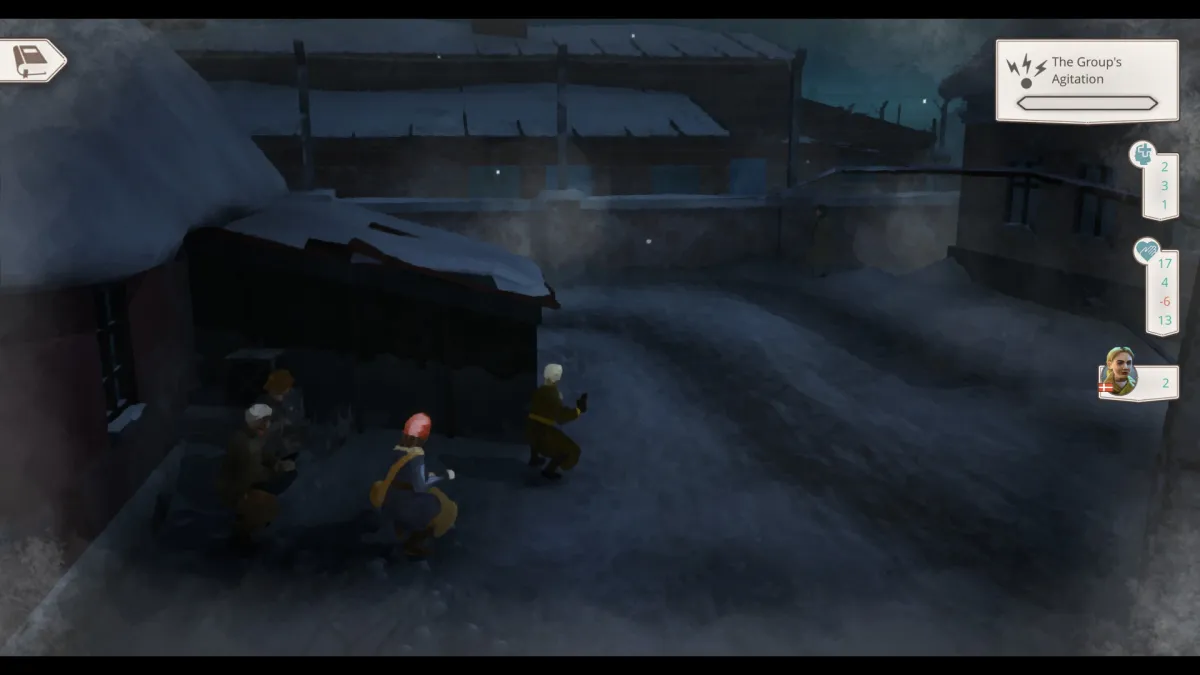
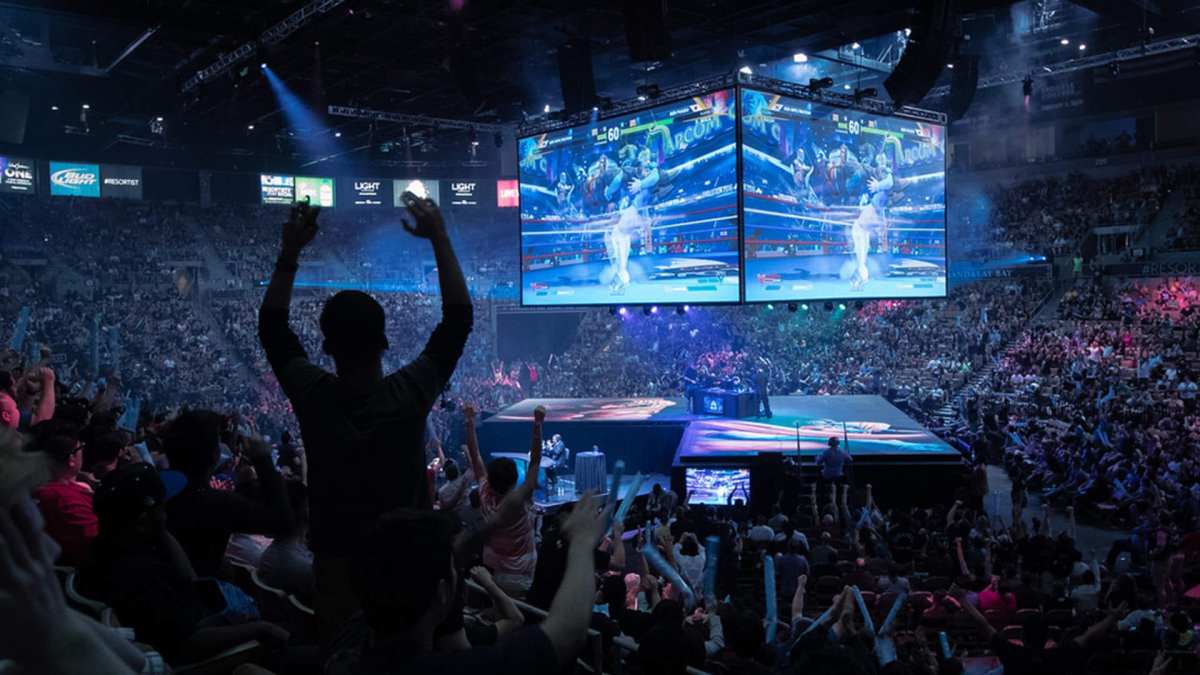
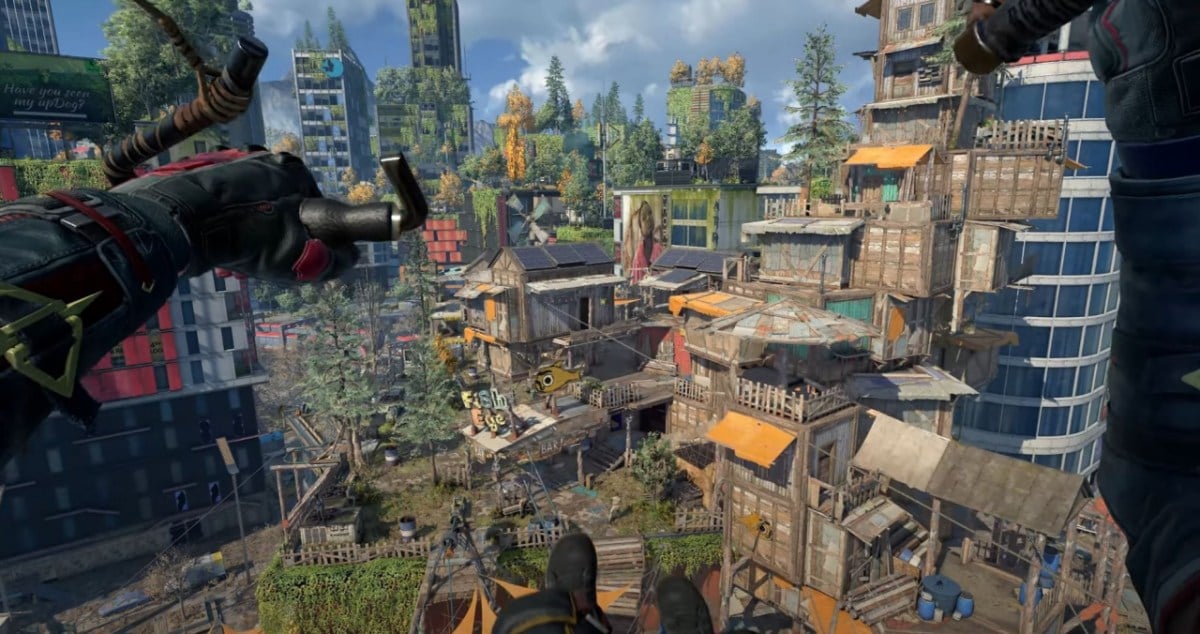
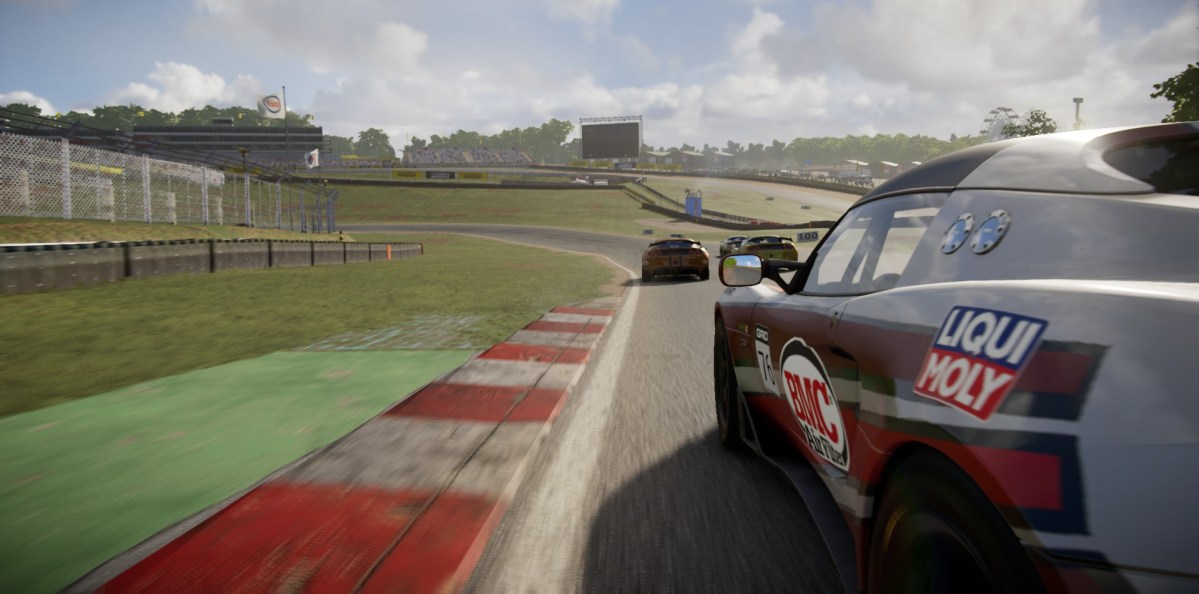
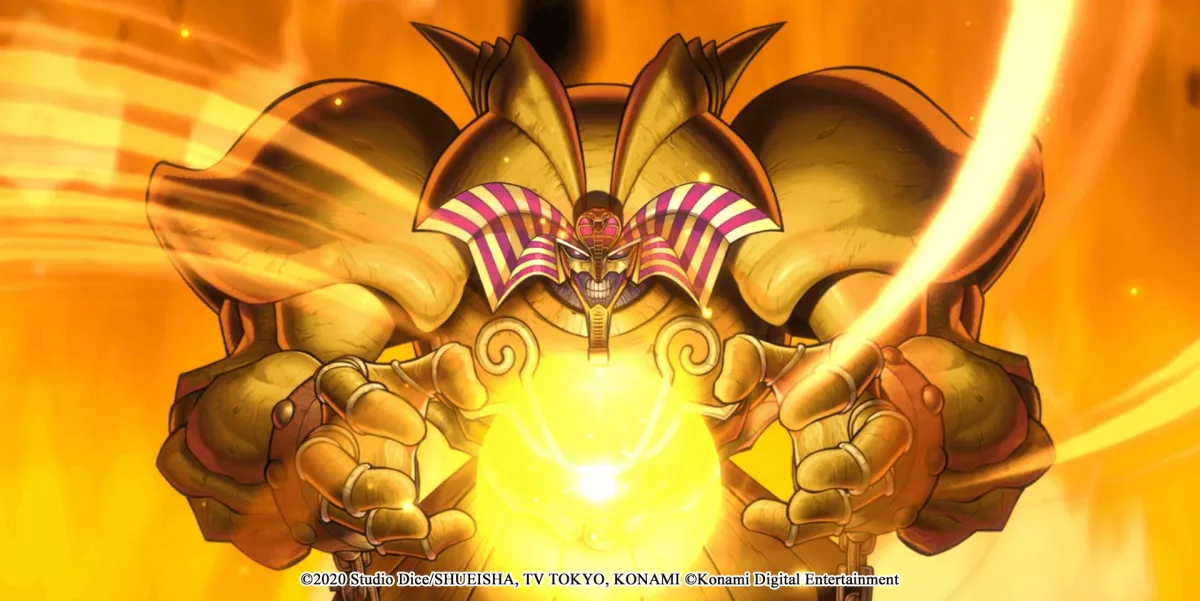

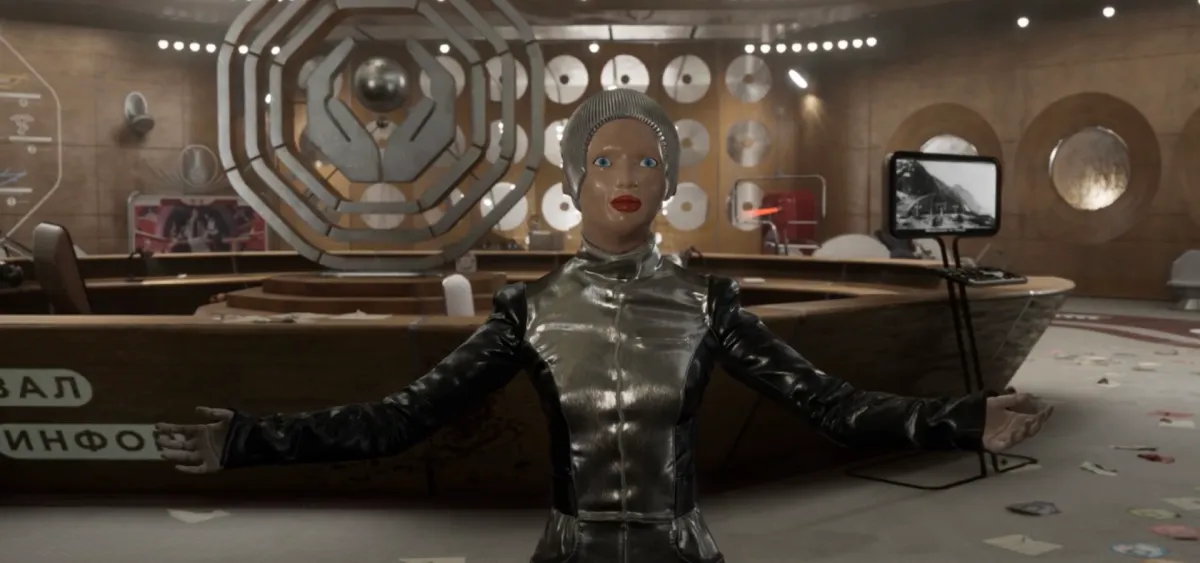
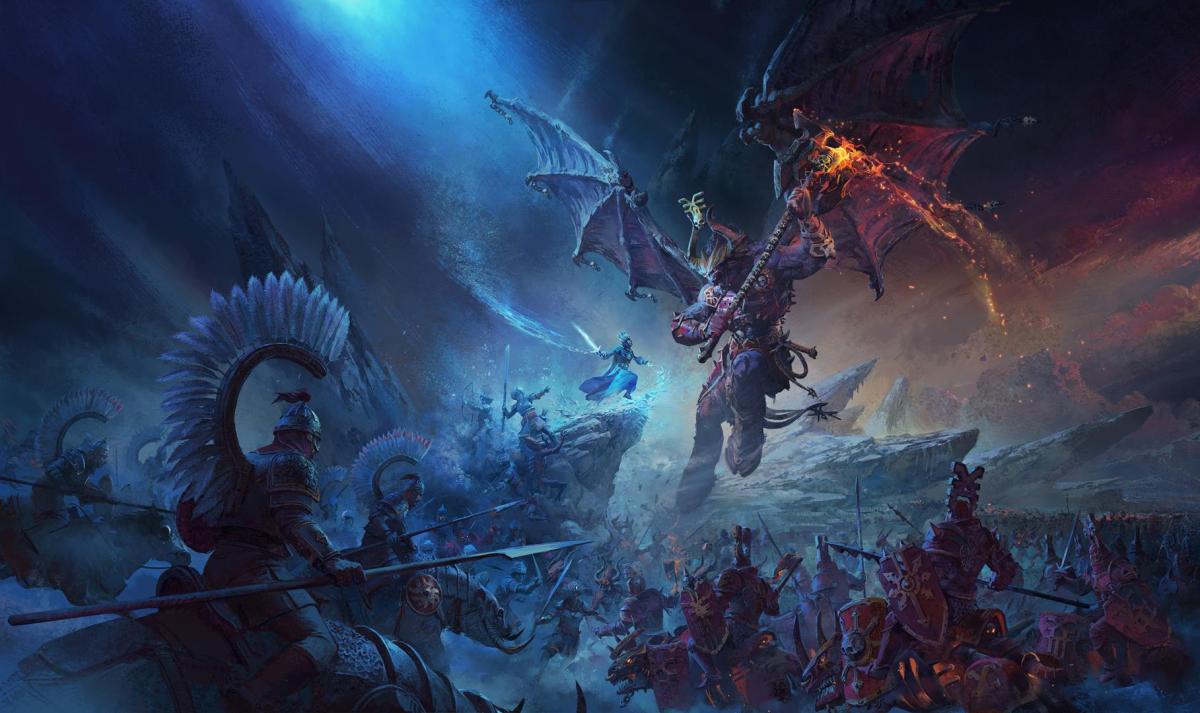
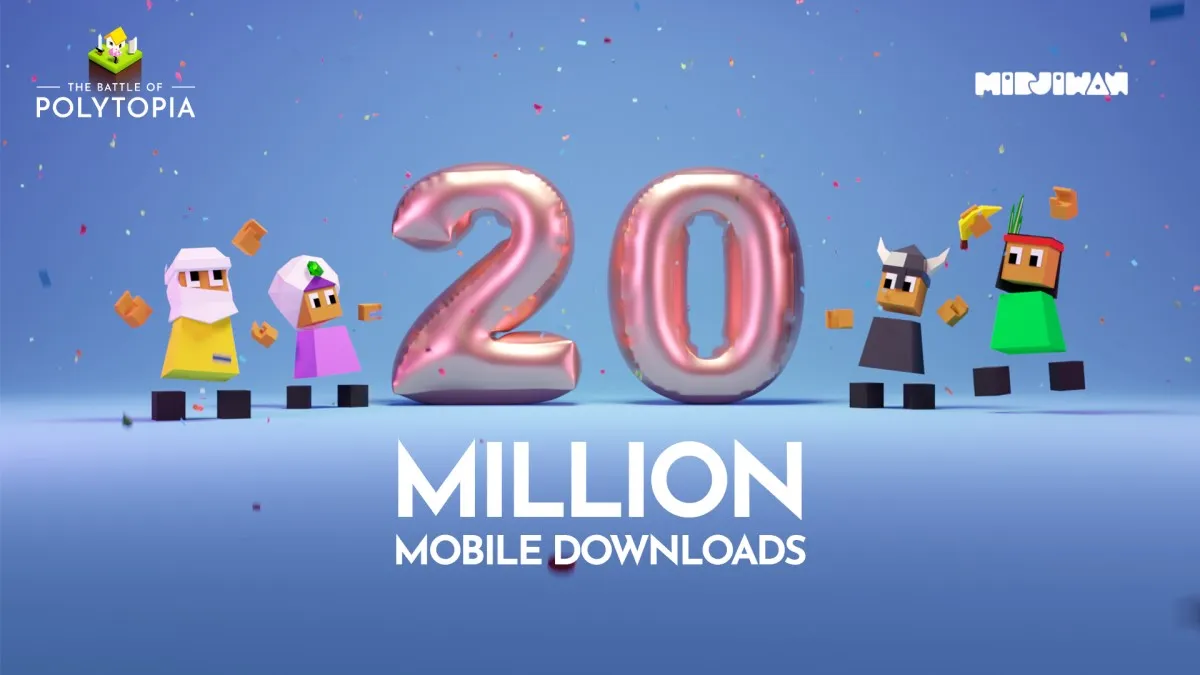

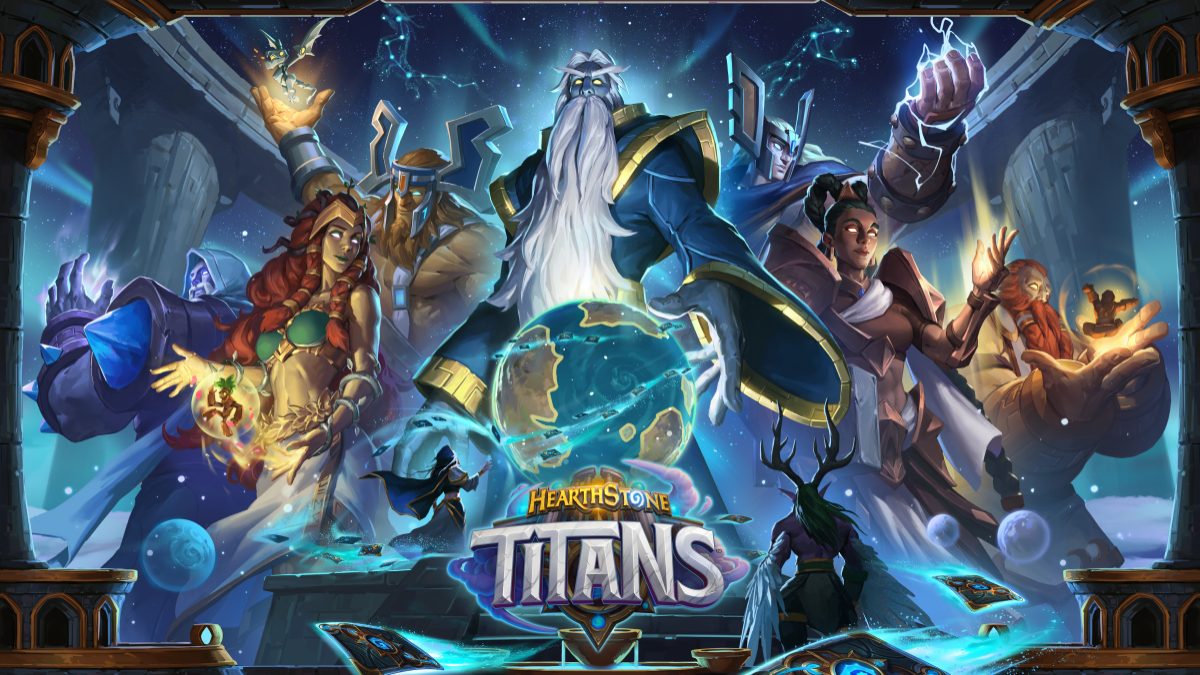

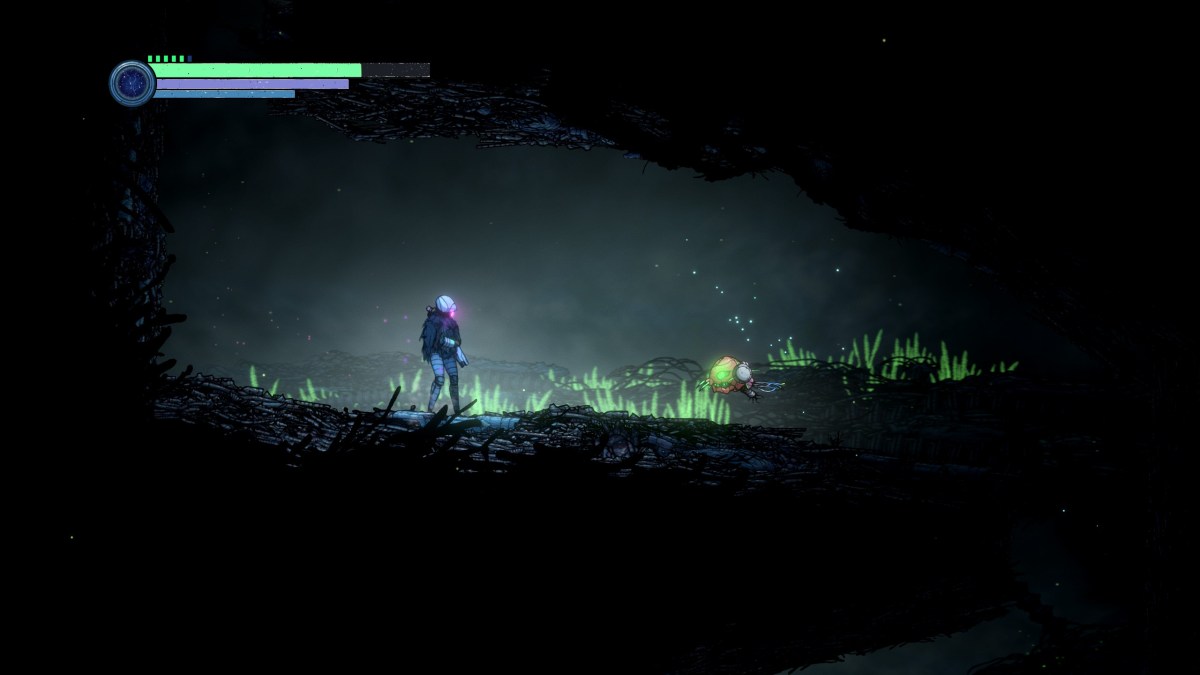
Published: Jul 17, 2013 08:08 pm